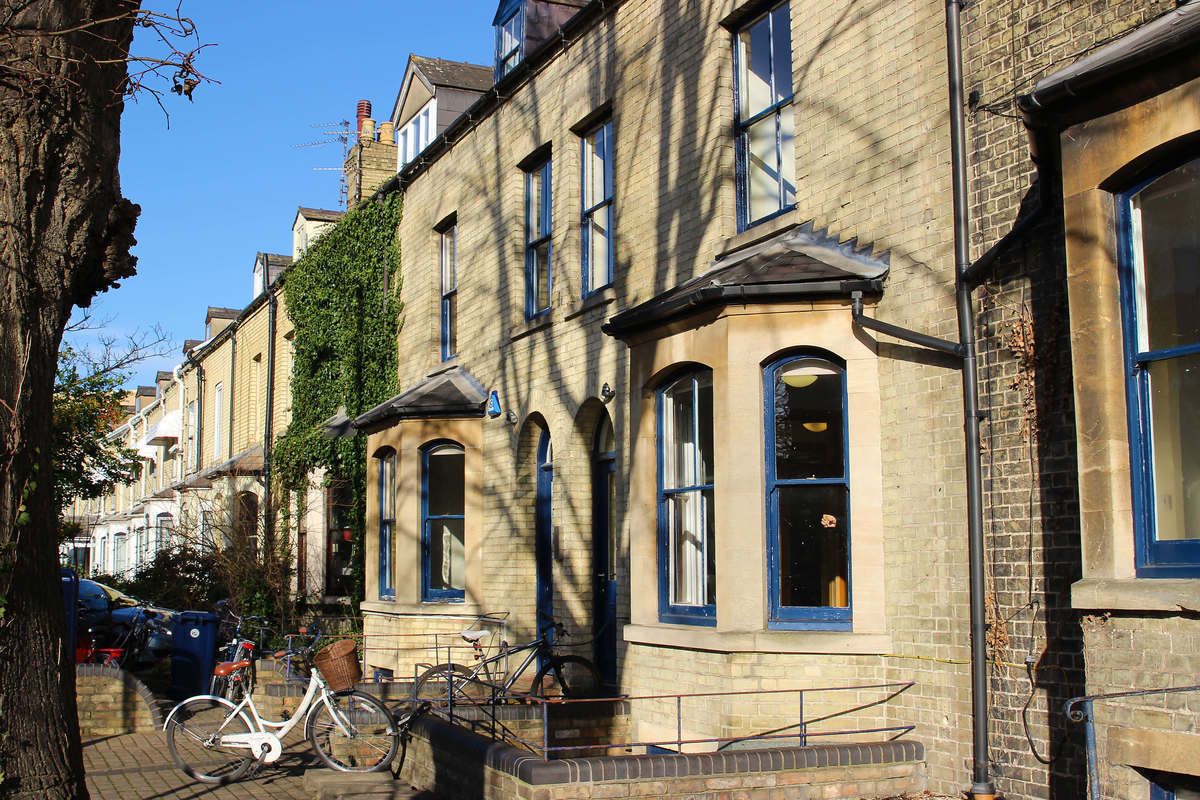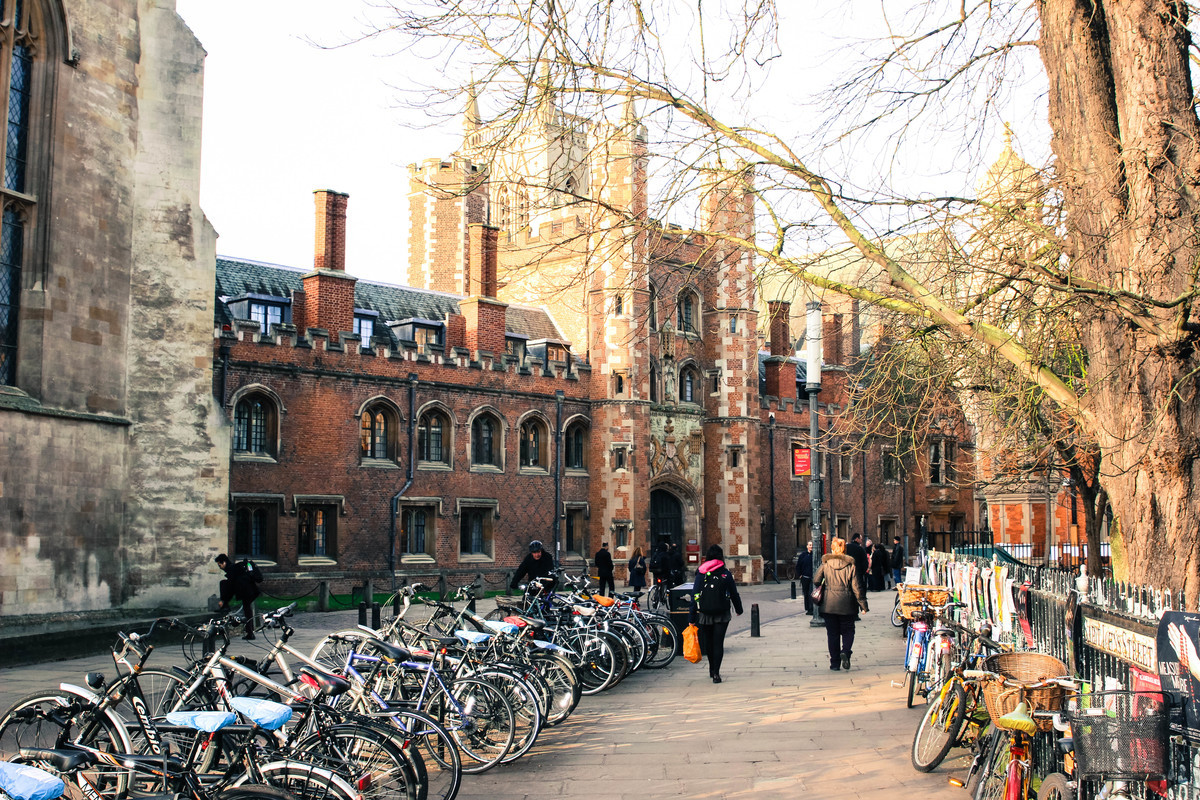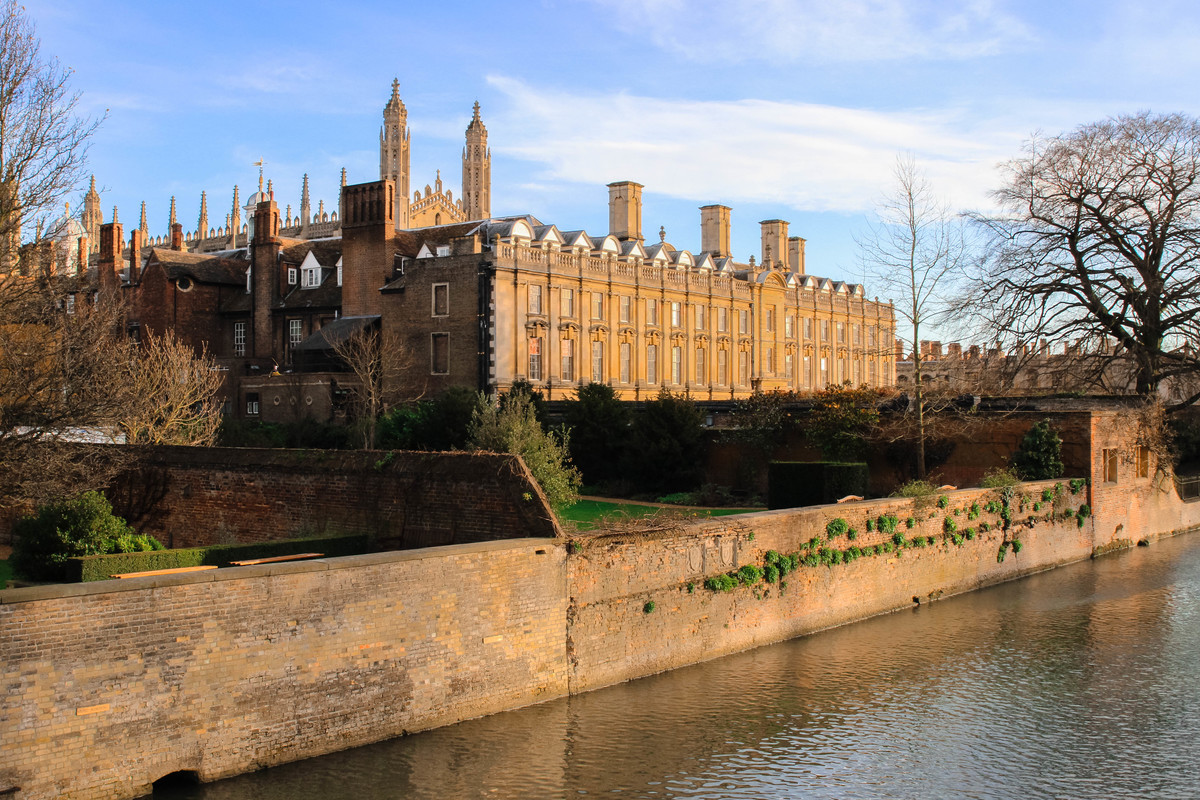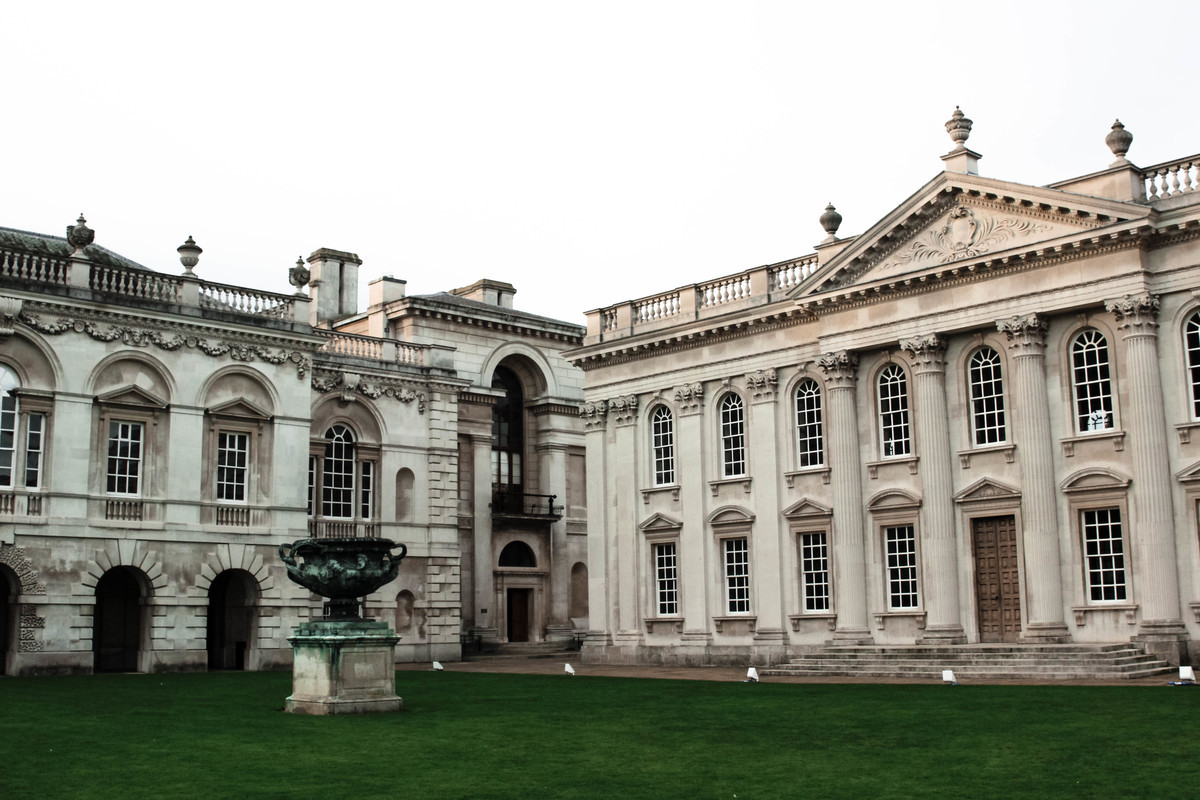Language Enrichment Programme
Language Enrichment Programme
Quatorial™

Key points
Students train to gain experience and acquire the skills necessary to use the language at a high level - teachers push students to achieve to the maximum of their potential, and set milestones and goals for each student, with constant evaluation. This sets the pace for each learner to surpass their academic expectations and achieve more than they thought possible.
The small number of students in each group provides participants with a learning experience tailored to each individual's needs, while benefiting from the participants' experiences and cultural diversity. Small class sizes also allow for a large amount of individual coaching, which helps to provide students with the confidence and disposition to master the language in a stimulating environment.
The course exposes learners to a range of authentic sources from different academic subjects, piquing their intellectual curiosity alongside exposing them to different styles and registers, as well as new vocabulary and structures. Students debate, discuss and analyse these sources, leading to increased confidence and fluency alongside enhanced critical thinking skills.
Objective of the stay
Make a significant improvement in language skills and knowledge
The Quatorial programme
30 hours per week. Taught as 20 hours per week in groups of no more than 4 students + 10 hours per week of workshops in groups of no more than 8. Minimum age of enrolment: 16 years old.
Proximity to tutors leads to a collaborative and interactive programme. Learners are participative, collaborative, engaged and make fast progress.
-
Aptitude: accurate use of the language in core skills lessons
• controlled practice in language structures
and lexis development to achieve a good
command of grammar structures, idioms, and
vocabulary.
• activities to sharpen understanding of written
text through reading exercises from a wide
range of materials: reports, articles, case
studies.
• coaching and practice in writing letters,
reports, emails, presentations, articles
• formal listening exercises.
• public debate: societal issues are debated in a
formal setting allowing students to fine tune
their debating skills in English.
• project: working on an engaging task
participants use the soft skills of analysis and
problem solving, collaboration and research.
Attitude: confident use of the language through interactive sessions designed to develop
leadership skills
• Spoken Assertiveness: a fluency skills session
to help the learner overcome inhibitions and
group communication anxieties.
• Critical Analysis: develops the participant’s
ability to analyse, categorise and process
information in their language. Students apply
critical thinking skills by evaluating texts and
offering cogent and well structured responses.
Expected outcomes
With increased understanding of the language, students become confident users of English whilst speaking with accuracy and fluency.
Should students wish not to stay in homestays and find alternative accommodation, the school is happy to offer recommendations on request.
Staying in a homestay gives participants the chance to be fully immersed into the local culture of the destination, whilst also being able to practise the language in a relaxed and natural setting. Many homestays have been welcoming our students into their homes for many years, offering their hospitality and expanding our students cultural horizons. Homestay arrivals are on the Sunday before the course begins, and departures are on the Saturday after the course ends.

The experience of living in Cambridge
Cambridge is home not only to one of the world’s great universities, its iconic buildings and colleges peppering the old town, but also to the dynamic high-tech hub sometimes known as ‘Silicon Fen’ (Microsoft Research, Amazon, Apple, ARM, CSR, Autonomy and several thousand more), and the largest biomedical campus in Europe.
The result is a rich mix of students and professionals, and an ambience of tradition, scholarship and innovation. The town is host to a myriad of cafes, restaurants and pubs (including The Eagle, in the front room of which Crick and Watson demonstrated the first model of the double-helix structure of DNA in 1953), and to innumerable buildings of great historical and architectural significance, such as King’s College Chapel, the Wren Library, the Mathematical Bridge and Trinity Great Court.
Compact, green and beautiful, the city is dominated by the historic university buildings and bound by the lovely River Cam. It offers a unique ambiance, where the charm of tradition blends with the conveniences of modern urban life. Cambridge is a prime location for committed English language study.
Cultural programme
A variety of social and cultural activities is available to students throughout the week, helping them to get to know Cambridge. Popular activities include walking tours, visits to galleries and museums and discovering highlights of the city, including the pub The Eagle, where in 1953, scientists Crick and Watson celebrated the discovery of DNA. Tours of the city and the university can also be organised.

Cambridge

Cambridge

Cambridge
Price Includes
The price includes tuition, half-board accommodation in a homestay and a certificate of achievement.
Students begin their course on a Sunday and finish on a Saturday. Classes are taught throughout the year, Monday - Friday.
Special measures for 16 and 17 year olds
It is important to note that the school operates for adult students and all participants are treated as mature enough not to need close supervision. A parental consent form needs to be signed before a pupil under 18 years of age can join the course.
It needs to be stressed that there are no additional provisions for 16 and 17 year olds. They will not be supervised outside school times and while in their homestay.

